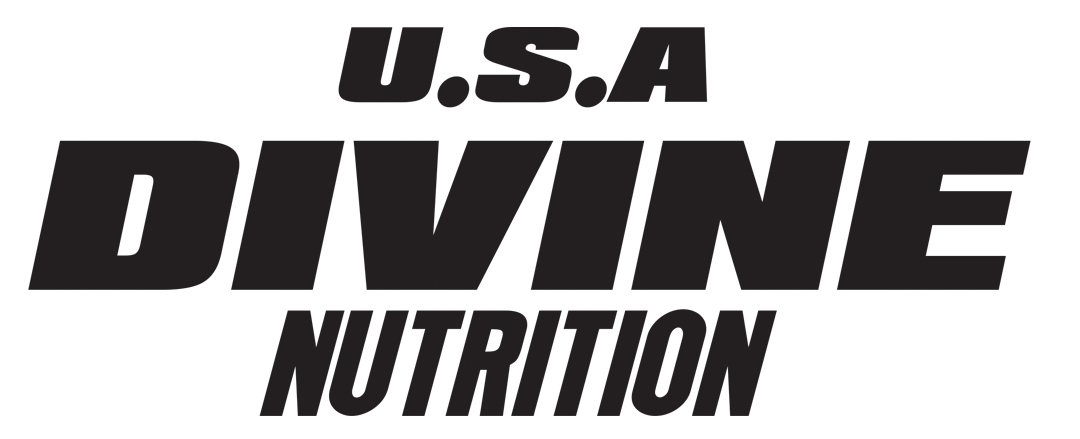Carbohydrates play a critical role in muscle growth and development. They are an essential source of energy for the body, especially during exercise, and help to fuel the muscles during intense workouts. When you consume carbohydrates, they are broken down into glucose and transported to the muscles through the bloodstream. This glucose is then used to create adenosine triphosphate (ATP), which is the primary source of energy for the muscles.
Carbohydrates also help to promote muscle growth by stimulating the release of insulin. Insulin is a hormone that helps to shuttle glucose and other nutrients into the muscle cells, where they can be used to build and repair muscle tissue. Additionally, carbohydrates help to spare protein during exercise. When the body runs out of glycogen, which is the stored form of glucose in the muscles, it will start to break down protein for energy. By consuming carbohydrates, you can help to preserve your muscle tissue and prevent protein breakdown.
Muscles rely on carbohydrates for energy. When carbohydrates are ingested, they are broken down into glucose, which is then transported to muscles and other tissues in the body via the bloodstream. Once glucose reaches the muscle cells, it is either used immediately for energy or stored in the muscles and liver as glycogen for later use. During exercise or other physical activity, muscles use stored glycogen as well as glucose from the bloodstream to fuel contractions. This process is known as glycolysis, and it is the primary way that muscles produce energy during intense or prolonged exercise.
In addition to providing energy for muscle contractions, carbohydrates also play a role in recovery and muscle growth. Consuming carbohydrates after exercise helps replenish glycogen stores, which can help reduce muscle fatigue and soreness. Carbohydrates also stimulate the release of insulin, which is an anabolic hormone that promotes muscle growth and repair.
Importance of carbohydrates in muscle growth
Carbohydrates play an essential role in muscle growth and development, particularly during intense exercise or weight training. Here are some reasons why carbohydrates are important for muscle growth:
- Energy source: Carbohydrates are the primary source of energy for the body. During exercise, the body breaks down carbohydrates into glucose, which is then used by the muscles as fuel. Without enough carbohydrates, the body may rely on protein as an energy source, which can lead to muscle breakdown and hinder muscle growth.
- Muscle glycogen: Carbohydrates are also essential for the formation and storage of muscle glycogen. Glycogen is a complex carbohydrate that is stored in the muscles and liver, and it serves as a source of energy during exercise. By consuming enough carbohydrates, you can help replenish glycogen stores, which can improve exercise performance and aid in muscle recovery.
- Insulin response: Consuming carbohydrates also triggers the release of insulin, a hormone that helps shuttle nutrients into the muscles. Insulin promotes the uptake of glucose and amino acids into the muscles, which can enhance muscle growth and recovery.
- Protein sparing: Consuming carbohydrates can help spare protein for muscle building. Without enough carbohydrates, the body may break down protein for energy, which can hinder muscle growth and repair.
Overall, carbohydrates are crucial for muscle growth and development, and it's essential to consume enough carbohydrates to support your training goals. However, it's also important to choose healthy, nutrient-dense carbohydrate sources, such as fruits, vegetables, whole grains, and legumes, rather than relying on processed or sugary foods.
Foods that provide Carbohydrates
Carbohydrates are an important macronutrient that provide our bodies with energy. However, not all carbohydrates are created equal. Here are some examples of healthy carbohydrate foods:
- Whole grains - including brown rice, quinoa, oats, and whole wheat bread.
- Fruits - such as apples, bananas, berries, and citrus fruits.
- Vegetables - including sweet potatoes, carrots, squash, and leafy greens.
- Legumes - including beans, lentils, and chickpeas.
- Nuts and seeds - such as almonds, chia seeds, and flax seeds.
When choosing carbohydrates, it's important to look for whole, unprocessed foods that are rich in fiber and nutrients. These types of carbohydrates will provide sustained energy and help keep you feeling full and satisfied.
Conclusion
Overall, carbohydrates are an essential nutrient for muscle growth and should be included in a balanced and healthy diet. It's important to choose complex carbohydrates, such as whole grains, fruits, and vegetables, which provide a sustained source of energy and essential nutrients for the body.
















